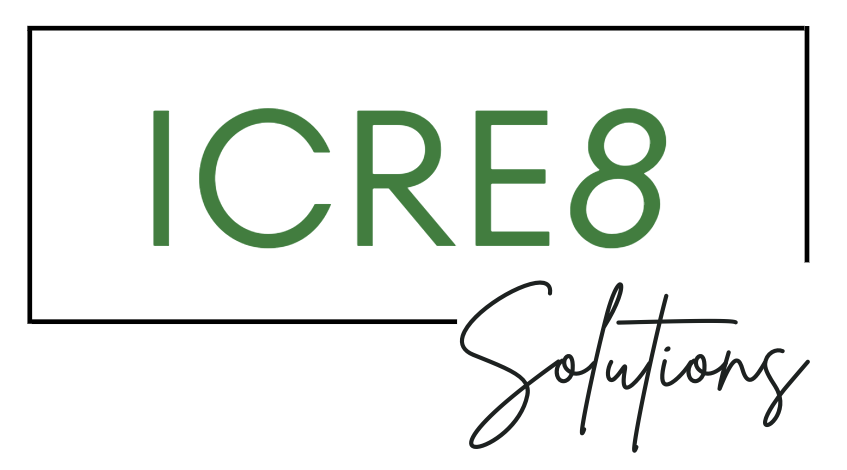As an entrepreneur or small business owner, you have a lot to juggle. From product development to marketing, expenses are inevitable as you grow your venture.
But did you know that even the equipment and assets your business purchases can offer valuable tax benefits? Understanding depreciation is a powerful tool to reduce your tax bill and keep more money in your pocket.
Depreciation Basics: What is Depreciation?
In the world of accounting, depreciation isn’t about your car losing value over time. It’s a method that allows you to spread the cost of a business asset over its useful life. Here’s how it works:
- Let’s say you invest $10,000 in new machinery with a useful life of 5 years.
- Instead of claiming the entire $10,000 as an expense in the year of purchase, depreciation allows you to deduct a portion (e.g., $2,000) each year over the 5-year period.
Why Depreciation Matters for Your Business
- Reduces Taxable Income: By claiming depreciation expenses, you lower your taxable income, which directly translates into tax savings.
- Matches Expenses with Revenue: Depreciation creates a more accurate picture of your business’s profitability by matching the expense of an asset with the revenue it helps generate over its useful life.
- Improves Cash Flow: Since depreciation is a non-cash expense (you’re not actually spending money as you claim it), it can boost cash flow, especially in the early growth phases of your business.
Depreciation Concepts Made Simple
- Depreciable Assets: Not everything you purchase qualifies for depreciation. Depreciable assets are typically tangible property like computers, vehicles, furniture, and equipment.
- Useful Life: The IRS sets guidelines for the useful life of different asset types. This determines the period over which you can depreciate an asset.
- Depreciation Methods: There are different methods to calculate depreciation such as straight-line, double-declining balance, and others. The best method for you depends on your specific assets and tax strategy.
Special Advantages for Startups and Small Businesses
- Section 179 Deduction: This tax code allows businesses to deduct the full cost of qualifying assets up to a certain limit in the year they’re placed into service. It’s a great way to maximize deductions upfront.
- Bonus Depreciation: Another tax incentive, bonus depreciation, allows businesses to deduct a large percentage (sometimes 100%) of the cost of new or used qualifying assets in the year of purchase.
How iCre8Solutions Can Help
While depreciation offers significant benefits, the rules and calculations can get complex. iCre8Solutions simplifies the process:
- Identifying Depreciable Assets: We’ll help you pinpoint which of your business purchases qualify for depreciation.
- Optimal Depreciation Methods: Our experts will analyze your specific situation to recommend the most efficient depreciation strategies.
Please note: A tax accounting specialist should be consulted to obtain the greatest income savings.
Depreciation Basics: The Smart Way to Save on Taxes

Depreciation basics aren’t just an accounting exercise — it’s a powerful tool that directly impacts your bottom line. Whether you’re a newly established startup or a growing small business, understanding and leveraging depreciation puts you in control of your assets.
Don’t leave money on the table! Let iCre8Solutions help you unlock the power of depreciation for your business. Contact us today for a personalized consultation.

